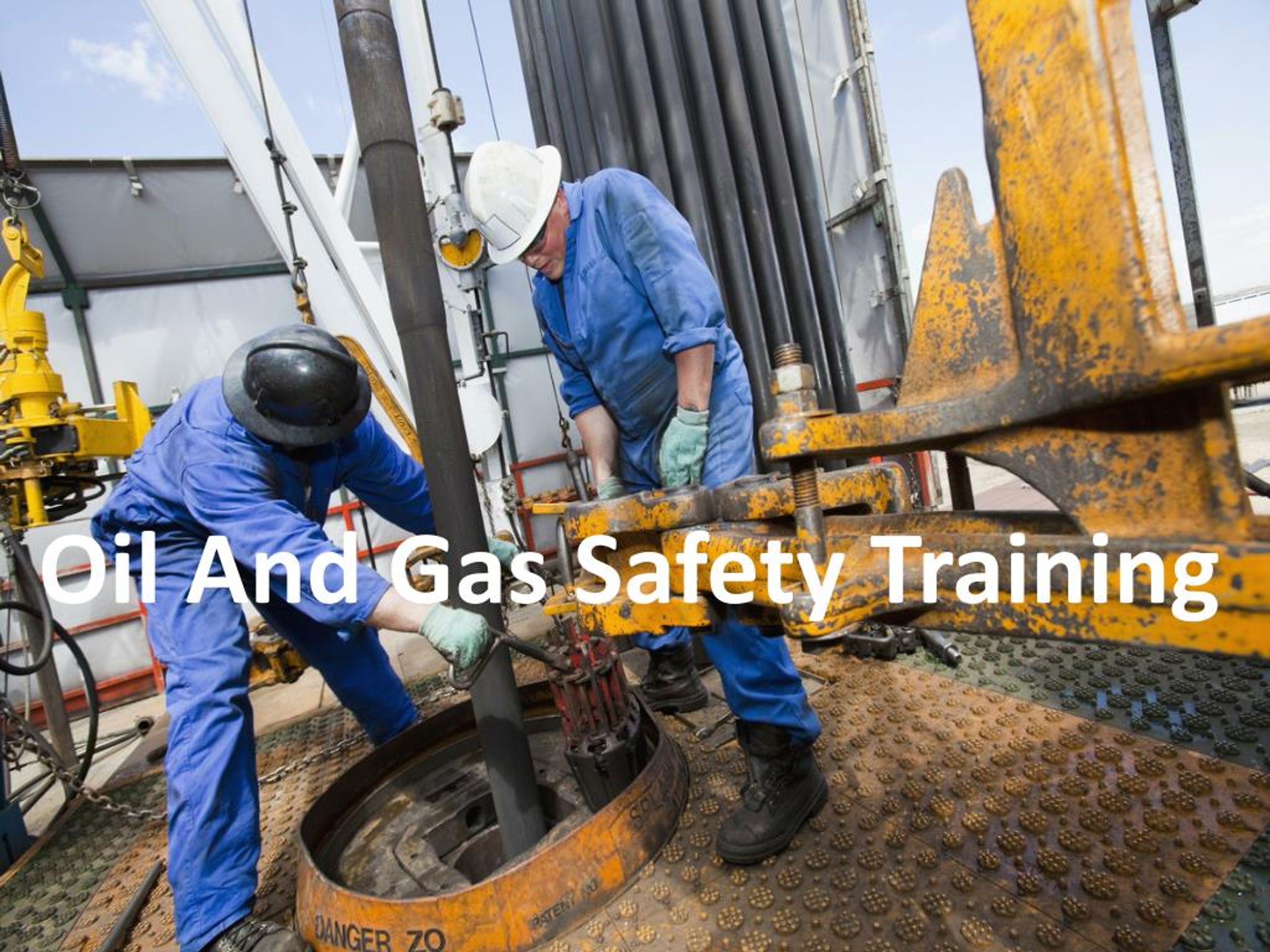
Oil & Gas Safety Training Course
Oil & Gas Safety Training Course
$4500.00
5-Day Oil & Gas Safety Training Course Outline
Course Overview
This comprehensive 5-day course focuses on safety protocols, hazard management, and compliance standards in the oil and gas industry. Designed to enhance workplace safety and ensure adherence to international standards, the training includes theoretical knowledge and practical applications.
Course Objectives
Participants will:
Understand the fundamentals of health, safety, and environmental (HSE) management in oil and gas.
Identify and mitigate workplace hazards.
Learn about emergency response planning and crisis management.
Gain knowledge of industry-specific safety standards, including OSHA, ISO 45001, and API RP guidelines.
Enhance skills in risk assessment and safety audits.
Target Audience
HSE Managers and Supervisors.
Oil and Gas Engineers and Technicians.
Drilling and Production Personnel.
Safety Officers and Risk Assessors.
New hires in the oil and gas industry looking to establish safety awareness.
Course Content
Day 1:
Introduction to Oil & Gas Safety.
Regulatory Frameworks and Compliance.
Common Hazards in Oil and Gas Operations.
Day 2:
Risk Assessment Techniques.
Personal Protective Equipment (PPE).
Incident Investigation and Reporting.
Day 3:
Emergency Preparedness and Response Planning.
Fire Safety Management.
Environmental Impact and Waste Management.
Day 4:
Offshore and Onshore Safety Practices.
Safe Handling of Chemicals and Hazardous Materials.
Human Factors in Safety Management.
Day 5:
Safety Audits and Inspections.
Case Studies and Practical Scenarios.
Course Review and Certification Exam.
Learning Methods
Interactive Presentations: Engaging sessions with multimedia tools for enhanced understanding.
Workshops and Group Activities: Practical exercises to reinforce safety concepts.
Case Studies: Real-world scenarios to analyze and discuss safety issues.
Role-Playing Simulations: Hands-on emergency response training.
Assessments: Quizzes, tests, and a final certification exam to validate knowledge.


